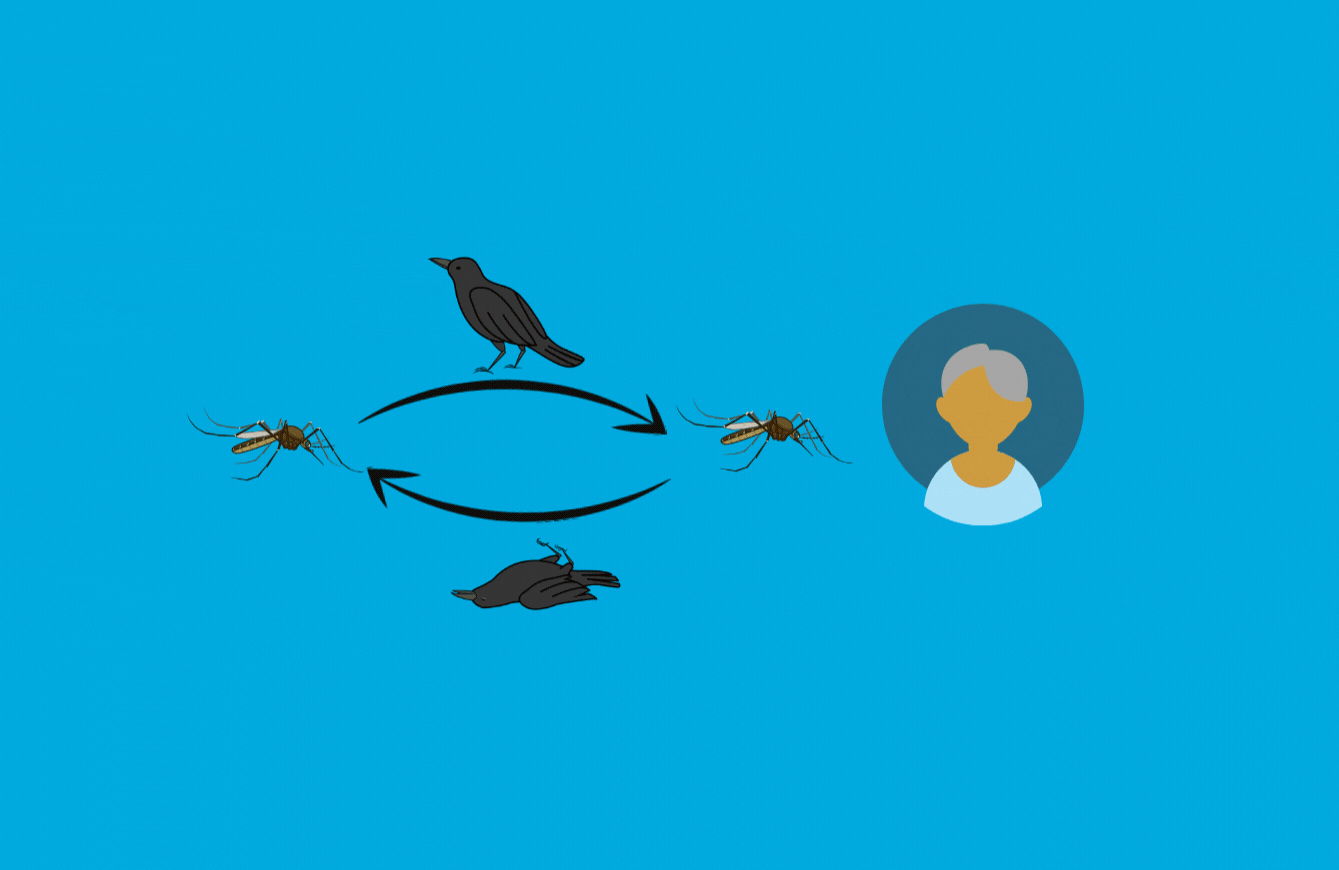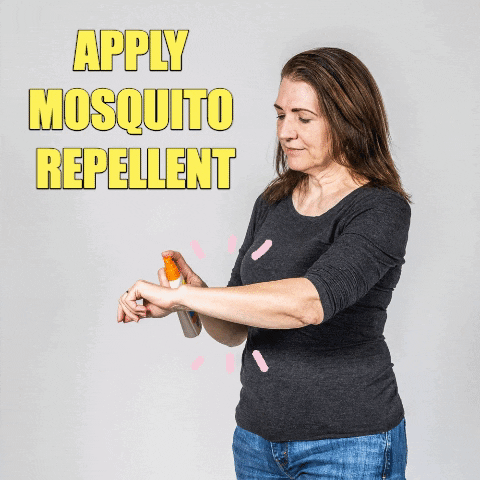West Nile virus confirmed in Pasadena mosquitoes

LA County’s West Nile virus spread continues as summer officially begins this week

Don’t give mosquitoes a biting chance as Los Angeles County kicks off the first week of summer, warns mosquito control officials.
Mosquitoes from a routine trap in Pasadena tested positive for West Nile virus (WNV), according to the San Gabriel Valley Mosquito & Vector Control District (SGVMVCD/District).
The District advises residents to stay bite-free by eliminating all stagnant water and using repellent.
“Mosquito bites should be the last thing you should worry about as we kick off summer,” said District Communications Director Levy Sun. “Unfortunately, higher temperatures can mean more mosquito and virus activity.”
Tips to stay bite free

- Tip out stagnant water weekly - Mosquitoes will use stagnant water to lay their eggs. Mosquitoes will grow from egg to adult in about a week.
- Toss unused containers - Forgotten containers left outside can collect stagnant water.
- Protect with mosquito repellent - Pick up a bottle and look for any one of the following ingredients: Oil of lemon eucalyptus (or PMD), picaridin, IR3535 or DEET.
“If you're tired of mosquito bites, the best defense is to use mosquito repellent,” said Sun. “Mosquitoes are present in our city environments, however, you can prevent them from biting by using repellent.”
Only female mosquitoes bite. Female mosquitoes use the protein in blood to create the eggs. In the process of biting, mosquitoes can leave behind itchy bumps and can make people sick.
Mosquito control staff will continue to monitor and control for mosquito-borne diseases. Residents share the responsibility of mosquito control by remaining bite-free and eliminating habitats, such as dense vegetation and stagnant water, that allow mosquitoes to grow and hide.
.gif?ixlib=rb-1.1.0&w=2000&h=2000&fit=max&or=0&s=d0637e9c84b6236644cb2368b0507ded)
In Los Angeles County, the most pervasive mosquito-borne disease threat is West Nile virus. Zika, yellow fever, and dengue fever pose an outbreak possibility due to the presence of invasive Aedes mosquitoes.
-=-=-=-
About West Nile Virus
According to the Los Angeles County Department of Public Health, West Nile virus (WNV) is spread by the bite of an infected mosquito. One in five individuals infected with the WNV, for which there is no cure, will exhibit symptoms that include fever, headache, body aches, nausea or skin rash. The symptoms can last for several days to months. One in 150 people infected with the virus will require hospitalization. Severe symptoms include high fever, muscle weakness, neck stiffness, coma, paralysis and possibly death. Those at greatest risk include seniors and individuals with compromised immune systems. People over 50 years of age and those with chronic health problems are at higher risk of severe illness. While not all mosquitoes carry this virus, the type of mosquito that spreads this virus is found throughout Los Angeles County.
About SGVMVCD
SGVMVCD is one of five vector control districts in Los Angeles County. Year-round, the agency monitors stagnant water sources, such as gutters, storm drains, channels and non-functional swimming pools. The agency also routinely monitors populations of adult mosquitoes using traps and tests groups of adult female mosquitoes for the presence of WNV and other mosquito-borne diseases. In addition, the agency submits samples from dead birds, such as crows, for testing, which can provide insight into the spread of WNV.
